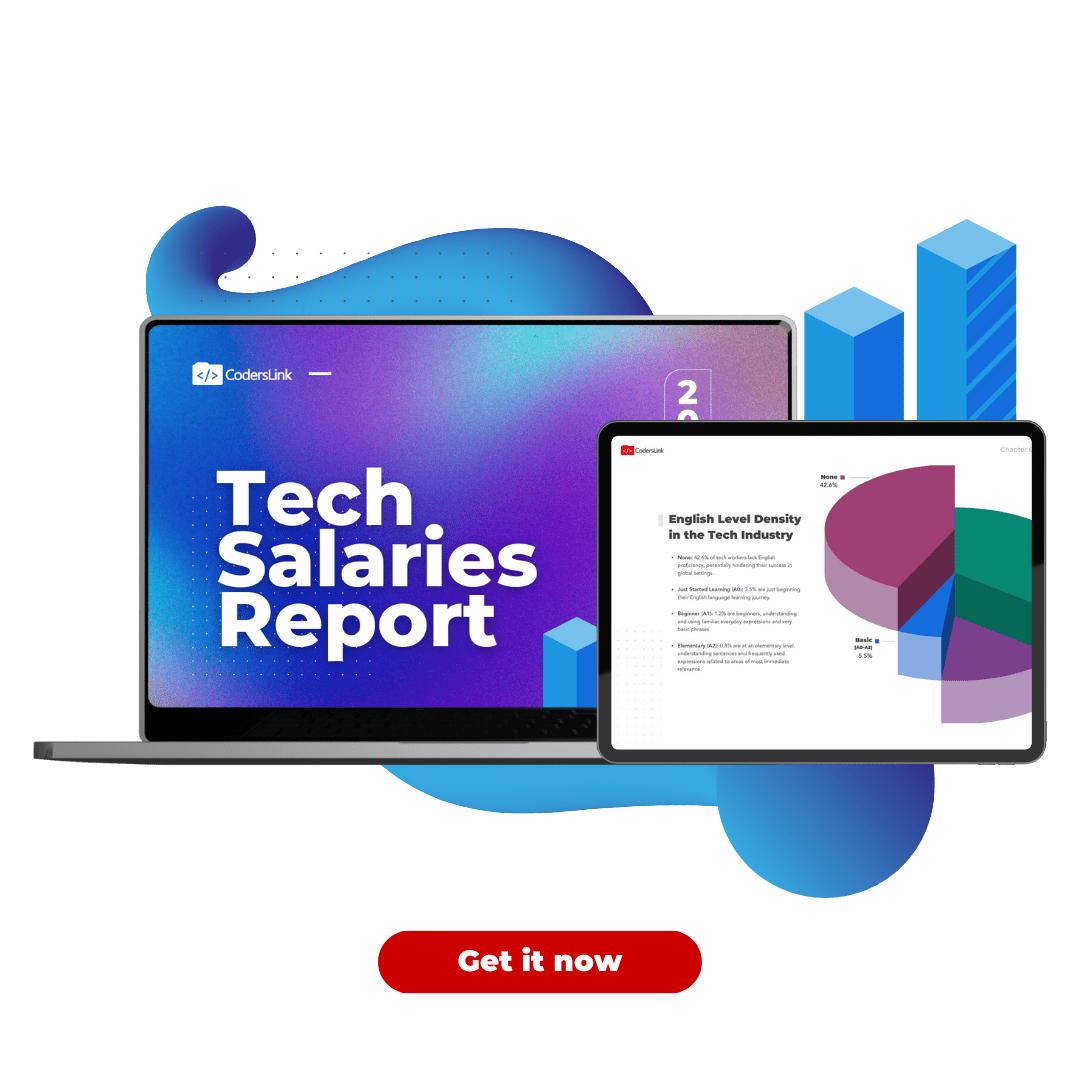
TL;DR
- Many companies rush into hiring Salesforce talent and end up with mismatched skills or unrealistic salary demands.
- Soft skills and cultural alignment can make or break a project.
- Specialized Salesforce certifications matter, especially for complex implementations.
- Planning for future growth ensures you don’t have to start the hiring process all over again in a few months.
Starting on the Right Foot
Recruiting Salesforce professionals—especially when you factor in the platform’s unique certifications, rising salary expectations, and the need for seamless collaboration—is very tricky. Below, we’ll look at four common Salesforce hiring pitfalls companies face when hiring for Salesforce roles, plus a few tips on steering clear of these mistakes.
Overlooking Soft Skills
A candidate might shine in technical exams, but that doesn’t always translate to real-world success.
Communication & Collaboration: Salesforce admins and developers often need to work with non-technical teams to fine-tune requirements. Strong communication keeps projects moving.
Problem-Solving: The best Salesforce pros spot inefficiencies and propose innovative solutions that align with business goals.
Adaptability: Because Salesforce rolls out updates three times a year, team members need to keep learning and adjusting quickly.
Tip: During interviews, ask scenario-based questions that highlight how a candidate resolves conflicts or handles unexpected challenges. You’ll gain insights into their soft skills and real-world thinking.
Dismissing Specialized Certifications
Salesforce’s ecosystem is vast—Sales, Service, Marketing, Commerce, and more. Each of these areas has its own certification track:
Platform Developer I & II: For custom coding in Apex, Lightning Web Components, and integrations.
Marketing Cloud Consultant: Ideal if you’re running personalized campaigns, email journeys, and advanced marketing automations.
Technical Architect: These experts orchestrate the bigger picture, handling large-scale integrations, security, and system design.
Neglecting these credentials could mean hiring someone who doesn’t fully grasp the specifics of your project.
Data Point: Certified Salesforce professionals can earn 10–25% more than uncertified peers, which speaks to the value companies place on these qualifications.
Not Planning for Future Growth
It’s tempting to hire for your immediate needs only, but Salesforce platforms tend to grow with your company.
Evolving Business Requirements: Your business might expand into new markets or add more products, requiring advanced features or a bigger development team down the road.
New Salesforce Features: Each release can introduce tools that transform how you handle data, customer engagement, or analytics.
Long-Term Scalability: Roles like solution architects and consultants provide strategic direction, ensuring your Salesforce infrastructure can adapt to larger workloads.
Solution: Map out upcoming projects and factor in growth expectations. Hiring a versatile Salesforce professional or a well-rounded team can save you the hassle (and cost) of starting from scratch later.
Ignoring Cultural Alignment
Salesforce projects rarely succeed in silos. Your new hires will interact with multiple departments—IT, marketing, sales, customer service—so cultural fit matters.
Shared Mission: People who believe in your company’s vision are often more engaged and proactive.
Team Cohesion: Misaligned personalities or work styles can lead to communication breakdowns and slower progress.
Retention Rates: Culturally aligned employees tend to stick around longer, reducing turnover and the cost of re-hiring.
Interview Strategy: Introduce candidates to several team members, not just future managers. This helps both sides gauge if there’s a mutual fit.
Bringing It All Together
Avoiding these Salesforce hiring pitfalls sets the stage for long-term success with Salesforce. Whether you’re hiring one admin or building a full-scale team of developers and architects, paying close attention to soft skills, certifications, future growth, and culture fit helps you sidestep expensive mistakes.
If you’re ready to streamline your recruitment process and find professionals who check all the right boxes, CodersLink can connect you with vetted Salesforce experts who align with your technical and cultural needs. It’s one way to ensure you land the right talent—minus the guesswork.


